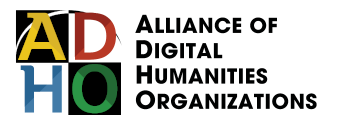Mandate
The Intersectional Inclusion Task Force, initially the Antiracism Task Force, (2022-2024) was working with the Antiracism Working Group and ADHO leadership to devise a plan for moving forward on the 9 commitments made in the Statement on Black Lives Matter, Structural Racism, and Establishment Violence, and to address issues of equity, diversity, inclusion, anti-discrimination, and social justice work.
Members of IITF
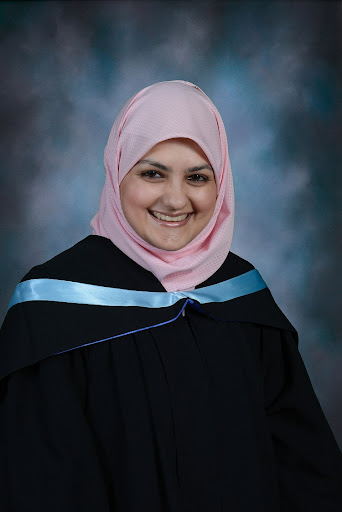
Fatima Ahmed
I’m a M.Ed candidate at Lakehead University, and a full-time grade 5&6 teacher in Kangirsuk (Quebec, Canada). I have grown up with the social justice movement and started engagement with digital humanities in 2017, when I attended the July 2021 DHSI hosted in Victoria, B.C. You can find a full CV at: https://teachercandidatemsahmed.weebly.com/cv.html

Barbara Bordalejo
I am a textual critic, editor, and digital humanist with a background in English literature. I currently work at the Humanities Innovation Lab at the Univesity of Lethbridge. Since 2014, I have worked on EDI initiatives in DH by carrying out research, writing articles, organizing conferences and workshops focusing on intersectional inclusion. I am the current chair of Global Outlook :: Digital Humanities.
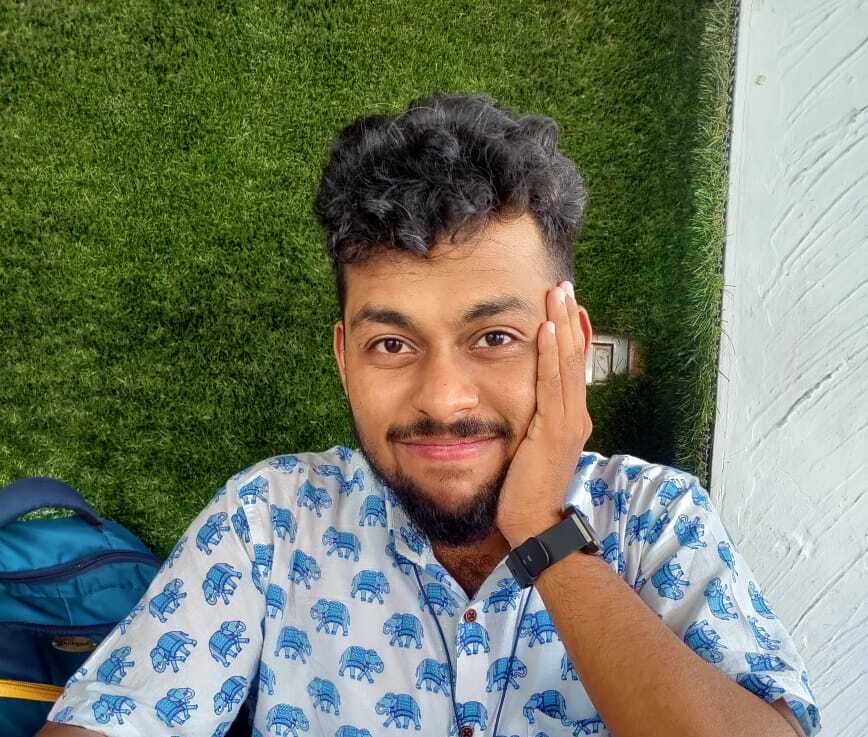
Samya Brata Roy (সাম্যব্রত)
I (he/him) am a PhD scholar at the School of Liberal Arts, IIT Jodhpur. I am also associated as a fellow with DHRH, SAS, University of London, Electronic Literature Organization and DAS|LAB, University of Regensburg. My interests, and publications lie in and around the intersections of Literary, Cultural, Media Studies and Digital Humanities. I co-founded Electronic Literature India and am also involved with DHARTI, Humanities Commons, and The Association for Computers and the Humanities in various roles. I have experience in curating/peer reviewing both digital/electronic art exhibits and scholarly output.
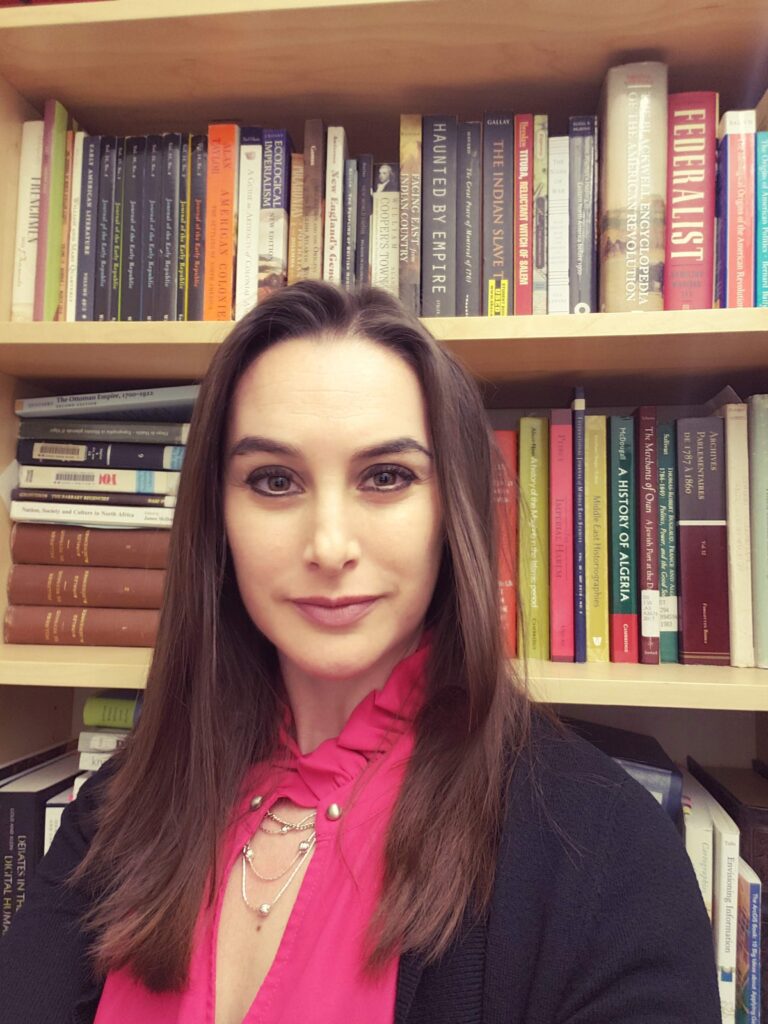
Ashley Sanders
I am Vice Chair of Digital Humanities at UCLA and former Chair of the ADHO Publications Committee (2016-2020). As a comparative colonial historian and digital humanist, my research engages in restoring data destroyed by colonization, as well as recovering and highlighting voices and stories of those marginalized in the past and present. My courses ask students to critically examine data and narratives for evidence of bias and to describe how power shapes both data and primary source creation/preservation and the stories told with them, and I am excited to serve on ADHO’s Intersectional Inclusion Task Force to examine and address obstacles that stand in the way of a more inclusive global DH community.
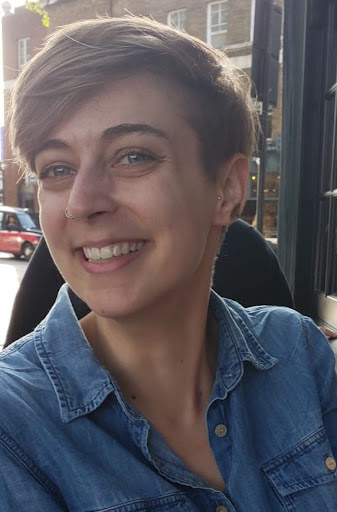
Kristen Schuster
I (they/them) just started a post as a aLecturer in Digital Humanities at the University of Southampton. Prior to starting my new role, I worked as a Lecturer in Digital Curation in the Digital Humanities at King’s College London (2016-2023). My current research emphasises the creative potential of men to re-shape masculinities through information work that in inclusive and participatory. Leading up to my doctoral work, I completed my master’s in library and information science with an emphasis in archives management at Simmons University. While completing my master’s, I developed interdisciplinary approaches to information management and cultural heritage, which reflects my earlier professional work in museums and visual resource collections.
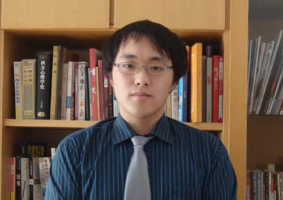
Shu Wan
Shu is currently a doctoral student in history at the University at Buffalo. He is passionate about digital humanities, pedagogy, and their potential in providing the more inclusive & interactive learning environment.
Former Members of IITF
- Alexandra Nuñez (Alex): 2022-3
- Dibyadyuti Roy (Dibya/দিব্য): 2022-3
- Maurizio Lana: Spring 2022
